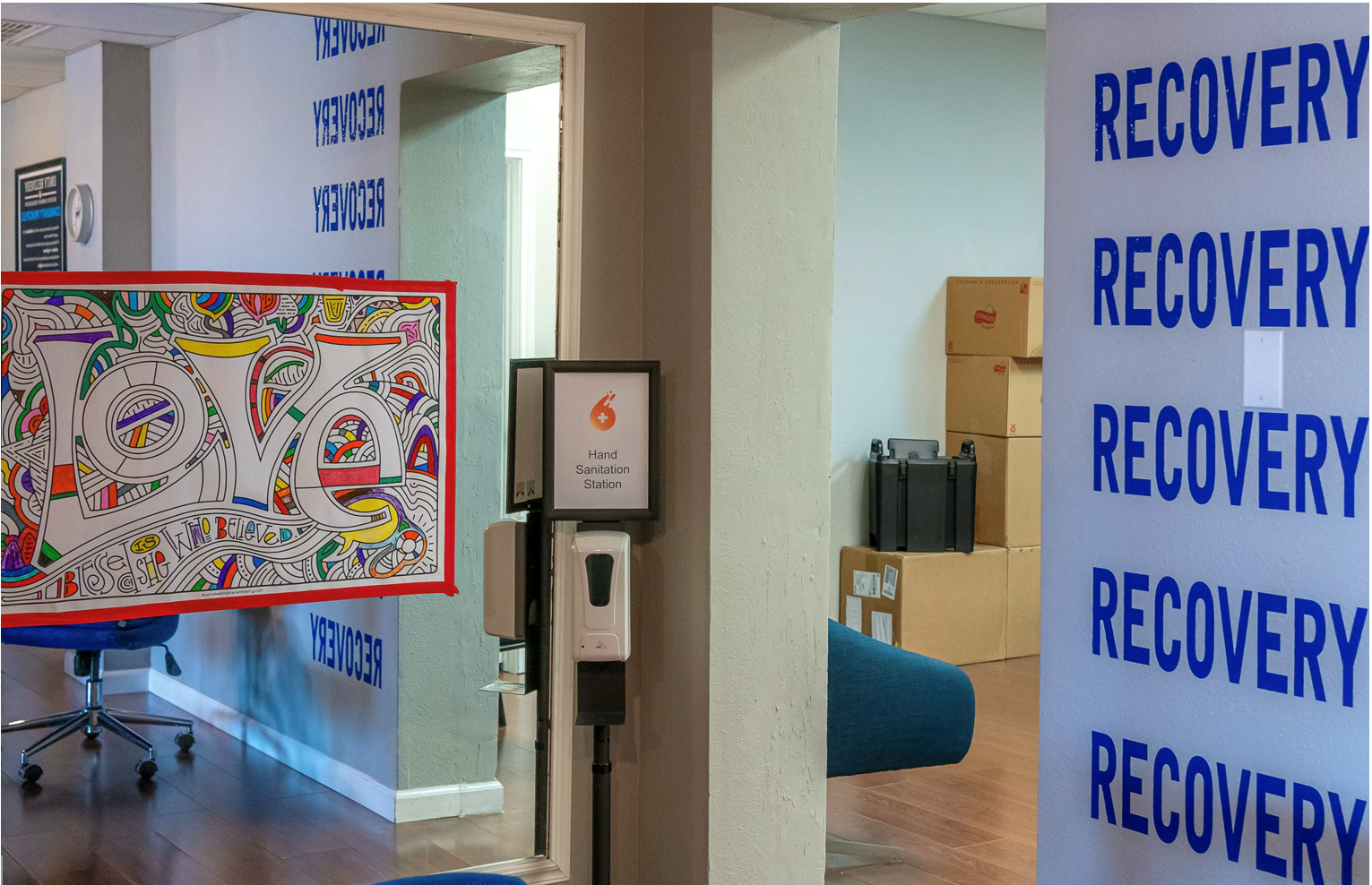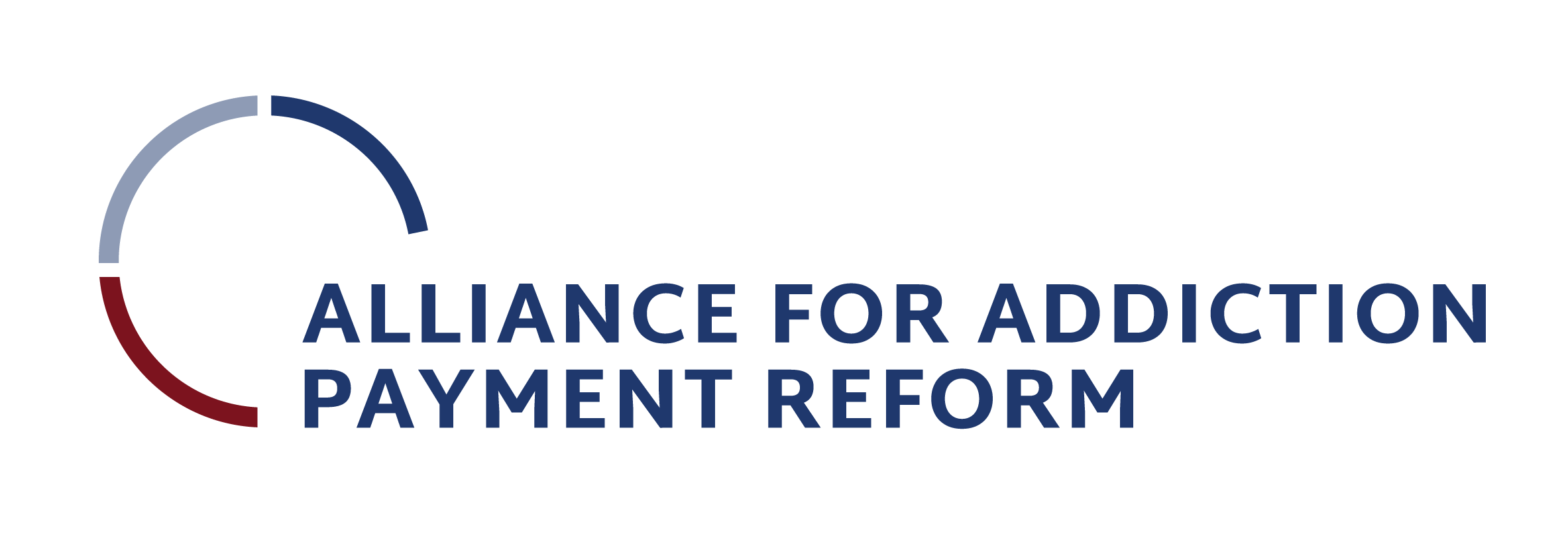Peer Recovery Support Services
Strengthening Community-Based Organizations for a More Inclusive Recovery Ecosystem
The Critical Role of Community-Based Organizations
As it is outlined in a soon-to-be-released Unity Recovery and Third Horizon-authored white paper entitled “The Value Proposition for Peer Recovery Support Services Delivered through Community-Based Organizations”, community-based Organizations (CBOs) – often referred to in the mental health field as “Peer-Run and Family Peer-Run Organizations” or in the substance use disorder field known as “Recovery Community Organizations (RCOs)” – are integral to the delivery of Peer Recovery Support Services (PRSS), offering a comprehensive, community-focused approach to recovery that is both personalized and deeply rooted in the unique needs of the individuals they serve.
Listen to the Audio
What are Peer Recovery Support Services (PRSS)?
PRSS are non-clinical services provided by individuals who have lived experience with mental health and substance use challenges. These services can complement clinical treatment or be delivered outside of any clinical treatment interventions by focusing on the social and personal aspects of recovery, including emotional support, shared experience, practical guidance, and community connection.
Unlike traditional health care settings, CBOs are often staffed and led by individuals who have personal experience with mental health and substance use challenges. This shared lived experience fosters a sense of trust, relatability, and authenticity that can be difficult to achieve in more clinical environments. As a result, peers working within CBOs are more likely to feel understood and valued, enhancing the quality of support they provide and contributing to a more positive and supportive workplace environment.

The future of PRSS is poised for significant advancement, particularly in areas such as the standardization of certification requirements for peer support workers, the improvement of reimbursement rates, and the clarification of supervision guidelines.
Challenges Facing the PRSS Landscape
The future of PRSS is poised for significant advancement, but several challenges must be addressed to ensure sustainable growth and impact. These developments are crucial for the sustained growth and impact of PRSS, particularly as CBOs increasingly seek to participate in third-party billing systems like Medicaid. This diversity reflects localized needs and priorities and highlights the challenges of creating a consistent framework that allows CBOs to scale their services effectively and participate in broader health care financing systems.
Inconsistent Certification Requirements
The regulatory landscape for PRSS is highly variable across different states, with each state establishing its own certification and training standards.
Limited Funding Mechanisms
Many CBOs rely heavily on time-limited grants and public contracts, which can be unstable and insufficient for long-term sustainability, limiting their ability to scale services and reach more individuals in need.
Restrictive Supervision Guidelines
Traditional supervision models often require peer workers to be supervised by licensed clinicians, which can limit the ability of CBOs to operate independently and scale their services.
Regulatory Barriers
Existing barriers, such as restrictive regulations and inflexible payment models, hinder the full integration of CBOs into the broader healthcare system, limiting their potential impact.
Recommended Actions for Strengthening PRSS
To address these challenges, several key actions are necessary:
Standardize Certification Requirements
There must be a concerted effort to standardize certification requirements for peer support workers across states. This would ensure a consistent level of quality and competency among peer workers and facilitate greater mobility and flexibility within the workforce.
Improve Funding Mechanisms
Increasing funding mechanisms and improving reimbursement rates for PRSS are essential. Expanding Medicaid and other third-party billing options to include PRSS would provide a more reliable and scalable funding stream.
Revise Supervision Guidelines
Revising supervision guidelines to support peer-led oversight is crucial for the growth and development of the PRSS workforce. By recognizing and legitimizing the role of experienced peers in supervisory positions, the system can better align with the principles of peer support.
Advocate for Policy Reforms
Policy reforms are needed to dismantle existing barriers that hinder the full integration of CBOs into the broader healthcare system. Advocating for a consistent regulatory framework that allows CBOs to participate in third-party billing systems is essential for the growth of PRSS nationwide.
Alternative Payment Models for PRSS
Exploring innovative funding approaches could provide more stability for CBOs:
- Value-Based Contracting: Payments tied to recovery outcomes rather than service volume
- Bundled Payments: Comprehensive payment for a package of recovery support services
- Social Impact Bonds: Private investment in recovery services with returns based on successful outcomes
- Braided Funding: Combining multiple funding streams to create more stable financial support
The transformation of the PRSS landscape hinges on systemic changes that fully integrate peers working alongside CBOs in diverse settings. By standardizing certification, improving funding mechanisms, revising supervision guidelines, and advocating for policy reforms, a more inclusive and sustainable system can be created that supports the continued delivery of high-quality, impactful PRSS.

These efforts will not only enhance recovery outcomes for individuals and families but also strengthen the overall well-being of communities across the nation. By creating clear career advancement pathways for peer support specialists, the field can improve job satisfaction and retention rates, ensuring a stable and experienced workforce that continues to provide high-quality support.
Key Takeaways
- CBOs and Recovery Community Organizations provide essential peer support services rooted in shared lived experience
- Standardizing certification requirements across states would ensure quality and facilitate workforce mobility
- Expanding Medicaid and other third-party billing options would provide more reliable funding streams for PRSS
- Recognizing and legitimizing peer-led supervision creates better alignment with peer support principles
- Policy reforms are needed to dismantle barriers and integrate CBOs into the broader health care system
- A comprehensive approach addressing certification, funding, supervision, and policy will create a more sustainable PRSS ecosystem
If you are interested in learning more about this work, please plan to attend the upcoming Alliance quarterly meeting scheduled for Tuesday, June 24, from 3:00PM to 4:30PM Eastern Time. You can register for the meeting by following this link. A brief presentation will be followed by a panel discussion highlighting a Unity Recovery and Third Horizon-authored white paper entitled “The Value Proposition for Peer Recovery Support Services Delivered through Community-Based Organizations”. Eric Bailly, Senior Director and Manager of the Alliance for Addiction Payment Reform at Third Horizon will moderate the panel which will feature Robert Ashford, PhD, Executive Director at Unity Recovery, Greg Williams, President, at Third Horizon, Cheryle Pacapelli, Project Director, Peer Recovery Supports Facilitating Organization at Harbor Care, and Susan Nyamora, President and CEO at the South Florida Wellness Network.
3/26/25 Quarterly Alliance Meeting Re-Cap:
Our first quarter, 2025 Alliance meeting included featured guest presenter Sam Nordberg, PhD, Chair of Psychiatry and Behavioral Health from the Reliant Medical Group, a subsidiary of Optum. Dr. Nordberg presented “Precision Behavioral Health: A primary care-integrated clinical program for patients with mild/moderate behavioral health needs.”
Additionally, Kyle Zebley, Senior Vice President, Public Policy, at the American Telehealth Association (ATA) led us through a discussion of the DEA final rules regarding telehealth and other telehealth policy considerations for 2025.
Recording from 3/26/25 Quarterly Alliance Meeting:
https://us06web.zoom.us/rec/share/X-p0LgWwhpr72Pekrv43jWfwp_ZwGG5JCopyxfmaxA_SqpOVU5Mf2n5eH_rzTUYv.fg9XUYNzAw73nleB?startTime=1743015716000
Passcode: 6MD*U071
LinkedIn Page: Periodic posts featuring topics related to SUD payment reform.
All quarterly meetings are held between 3:00PM and 4:30PM EST unless otherwise noted. – sign up for the remainder of 2025 quarterly meetings here.
